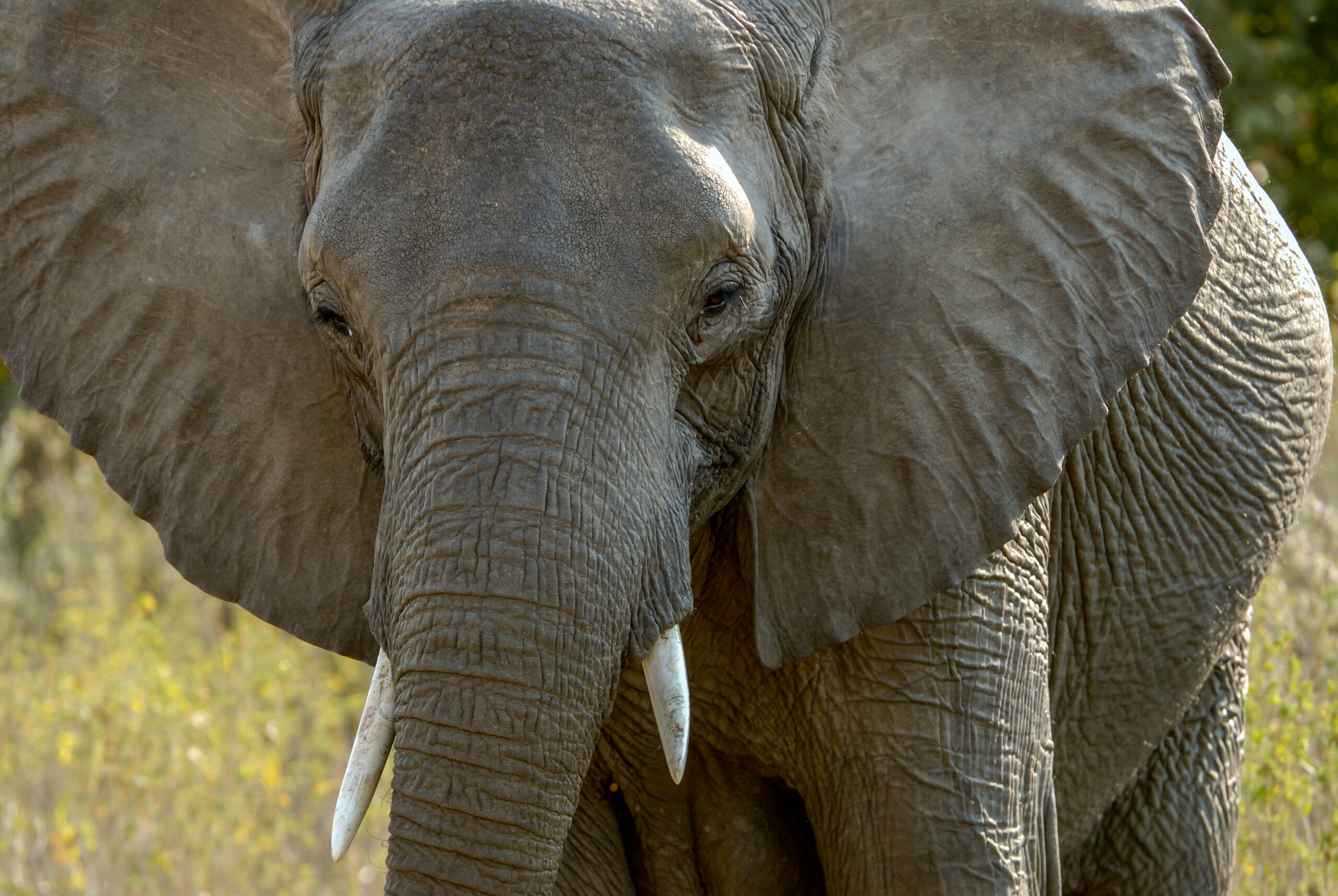The Rich Cultural Tapestry of Mexico
Mexico is a nation steeped in rich cultural heritage, where ancient traditions blend seamlessly with modern influences. This vibrant country is renowned for its diverse cultural expressions, which are evident in its art, music, and festivals. The Day of the Dead, or Día de los Muertos, is one of the most iconic celebrations, where families honor their deceased loved ones with colorful altars and offerings. This festival reflects Mexico’s unique perspective on life and death, showcasing a blend of indigenous and Spanish influences.
Mexican cuisine is another aspect of its cultural richness, with its bold flavors and varied ingredients. From the spicy notes of chili peppers to the earthy flavors of corn and beans, Mexican food offers a culinary journey that is both diverse and satisfying. Dishes like tacos, enchiladas, and mole have gained international recognition, making Mexican cuisine a beloved choice worldwide.
The country’s artistic contributions are equally noteworthy, with artists like Frida Kahlo and Diego Rivera leaving an indelible mark on the global art scene. Their works often reflect the social and political landscapes of their time, providing insight into Mexico’s complex history. In music, the sounds of mariachi, ranchera, and banda resonate with the spirit of the nation, offering a sonic representation of its cultural diversity.
Mexico’s Natural Wonders
Mexico’s landscape is as diverse as its culture, boasting a range of natural wonders that captivate visitors from around the globe. The Yucatán Peninsula is home to the awe-inspiring Chichen Itza, a UNESCO World Heritage site and one of the New Seven Wonders of the World. This ancient Mayan city attracts countless visitors eager to explore its iconic pyramid and learn about the civilization that once thrived there.
For those seeking natural beauty, the Copper Canyon offers breathtaking vistas and thrilling adventures. Often compared to the Grand Canyon in the United States, this network of canyons is deeper and provides a habitat for a diverse array of wildlife. Hiking, biking, and the famous train ride through the canyon offer unforgettable experiences for nature enthusiasts.
Mexico’s beaches are also a major draw, with destinations like Cancún and Tulum offering pristine sands and crystal-clear waters. These coastal paradises are perfect for relaxation and water sports, providing opportunities for snorkeling, diving, and exploring vibrant coral reefs. The Sea of Cortez, known as the “Aquarium of the World,” is a haven for marine biodiversity, offering a chance to witness dolphins, whales, and sea turtles in their natural habitat.
Economic Landscape of Mexico
Mexico’s economy is one of the largest in Latin America, characterized by a mix of modern industry and agriculture. The country is a leading exporter of manufactured goods, with the automotive and electronics sectors playing crucial roles. Mexico’s strategic location, bordering the United States, facilitates trade and economic growth, with the North American Free Trade Agreement (NAFTA) significantly boosting its export capabilities.
Agriculture remains a vital part of Mexico’s economy, with the country being a leading producer of avocados, tomatoes, and coffee. The agricultural sector not only supports domestic consumption but also contributes significantly to exports, providing a livelihood for millions of Mexicans.
Tourism is another key economic driver, with millions of visitors flocking to Mexico each year to experience its cultural and natural attractions. The tourism industry generates substantial revenue, supporting local economies and creating jobs. However, challenges such as economic inequality and corruption continue to impact Mexico’s economic landscape, requiring ongoing efforts to ensure sustainable growth and development.
Challenges and Opportunities in Mexican Society
While Mexico is a nation of immense potential, it faces several challenges that impact its social and economic fabric. Crime and violence remain significant issues, with drug cartels and organized crime posing threats to public safety. Efforts to combat these challenges involve complex strategies that require cooperation between government agencies and international partners.
Despite these challenges, Mexico has made strides in education and healthcare, improving access and quality for its citizens. The country’s education system has seen reforms aimed at increasing literacy rates and providing better opportunities for young people. Healthcare initiatives have focused on expanding coverage and improving services, although disparities still exist between urban and rural areas.
Mexico’s young and growing population presents both an opportunity and a challenge. This demographic trend offers a potential workforce that can drive economic growth, but it also requires investment in education, training, and job creation to harness this potential effectively. Addressing these challenges is crucial for Mexico’s future prosperity and stability.
The Future of Mexico: Innovation and Sustainability
As Mexico looks to the future, innovation and sustainability are key areas of focus. The country is investing in renewable energy sources, such as solar and wind, to reduce its carbon footprint and promote environmental sustainability. These efforts align with global initiatives to combat climate change and ensure a sustainable future for generations to come.
Technological advancements are also shaping Mexico’s future, with the growth of the tech industry offering new opportunities for economic development. Startups and tech companies are emerging in cities like Guadalajara, known as the “Silicon Valley of Mexico,” driving innovation and attracting investment.
Mexico’s commitment to sustainability and innovation is evident in its urban development projects, which focus on creating smart cities that integrate technology and sustainable practices. These initiatives aim to improve the quality of life for residents while preserving natural resources and reducing environmental impact.
In conclusion, Mexico’s journey is one of resilience and potential. By addressing its challenges and embracing opportunities for growth, the country is poised to play a significant role on the global stage, contributing to cultural, economic, and environmental advancements.





